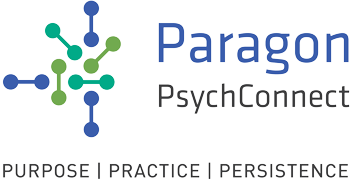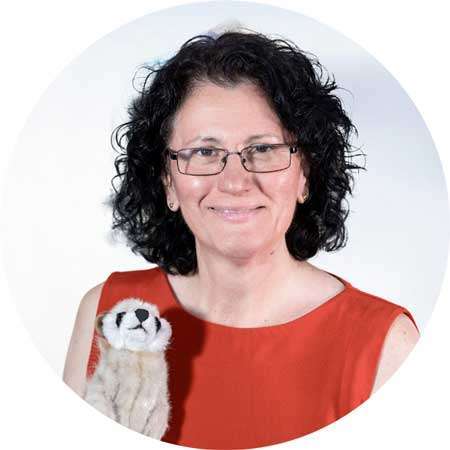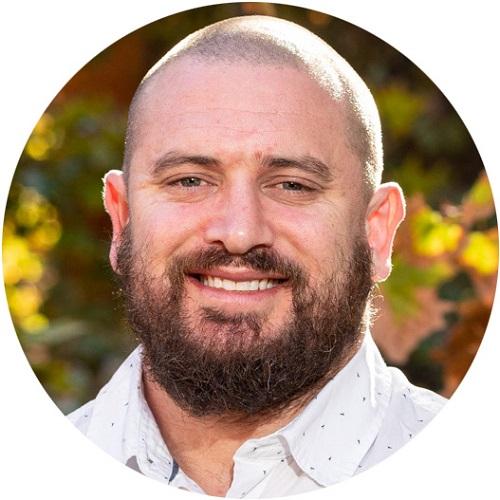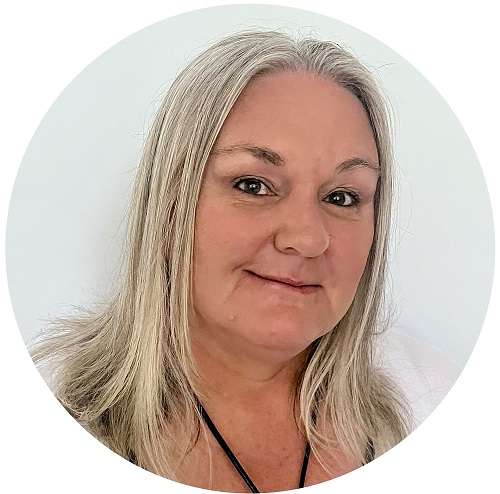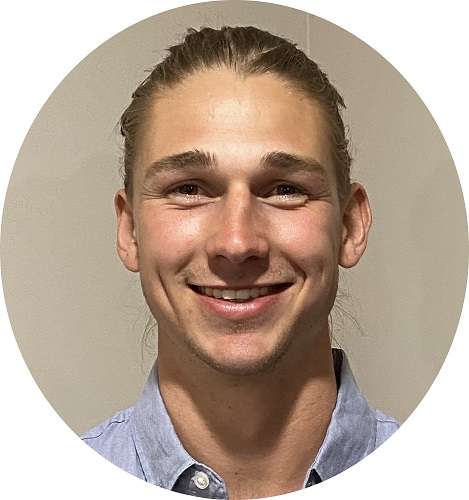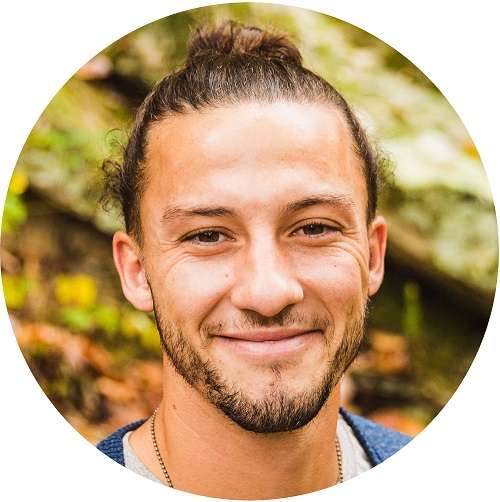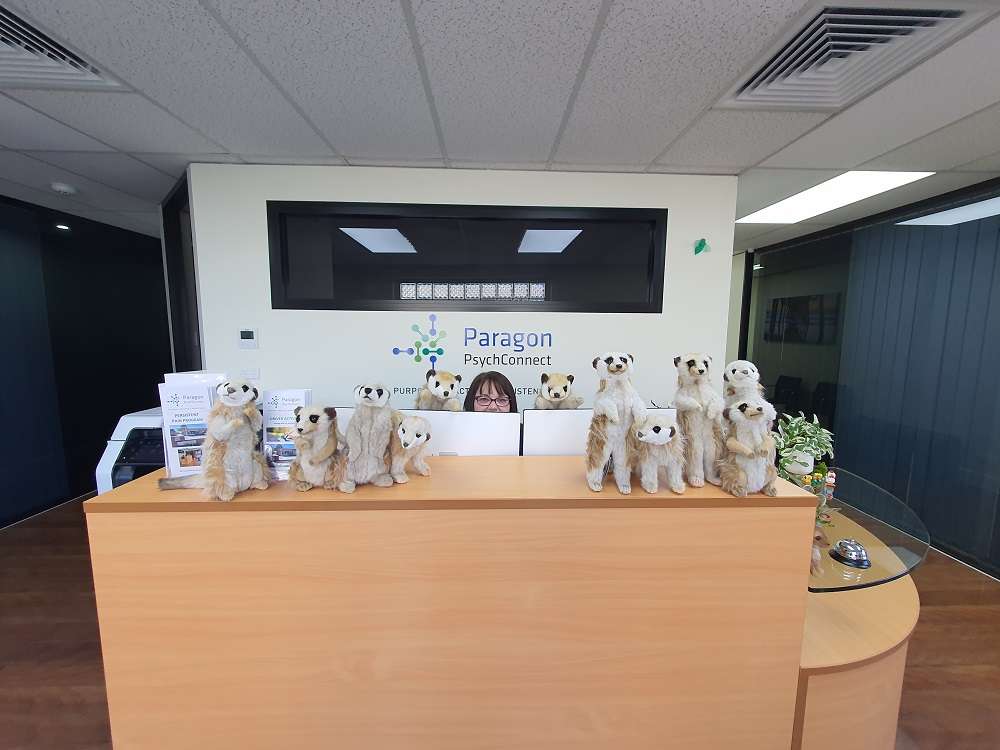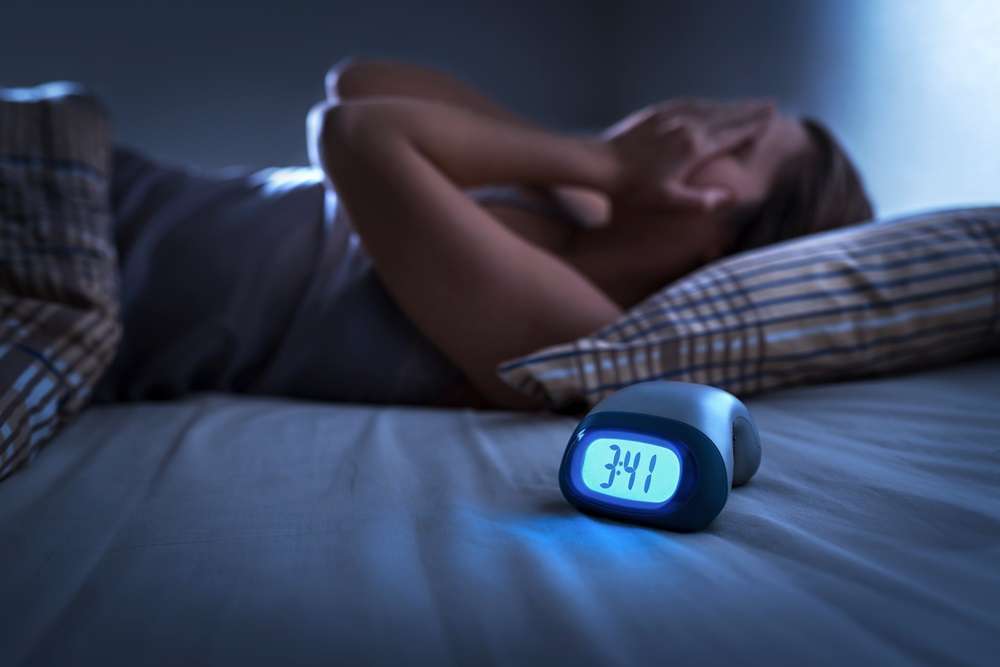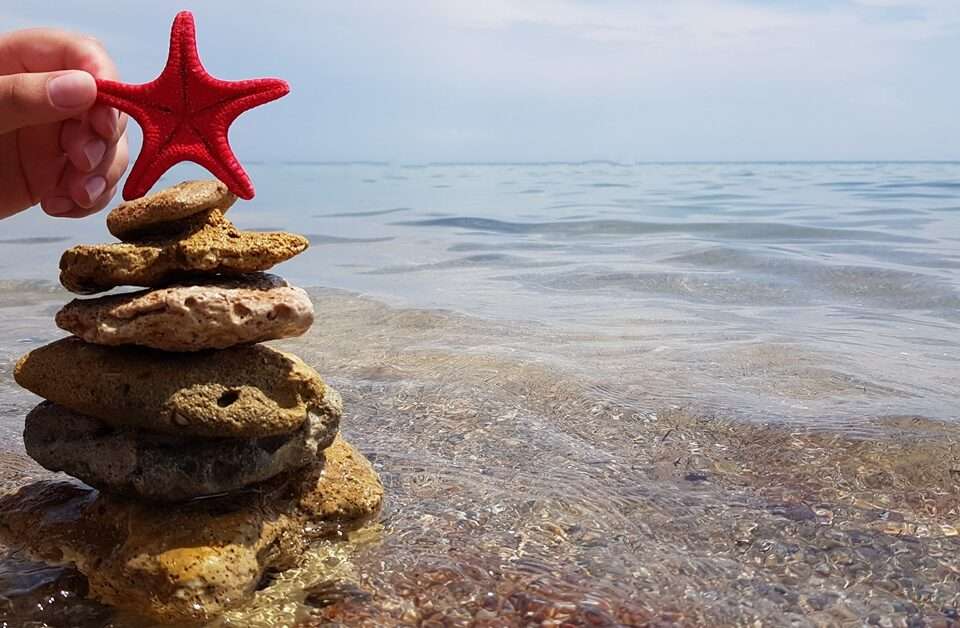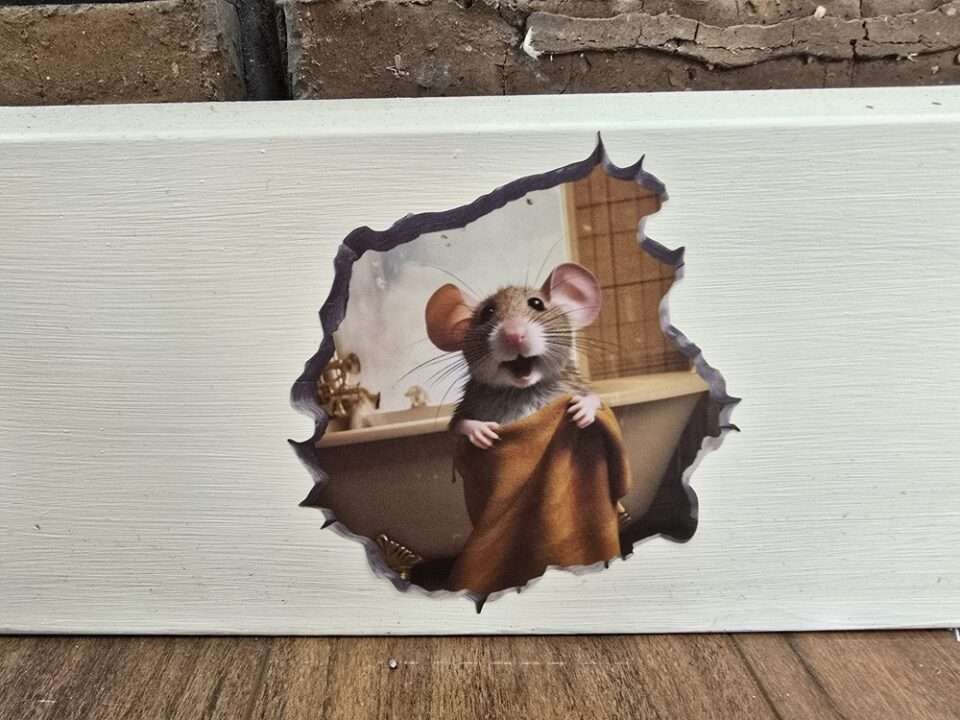I don’t sleep anymore! My pain wakes me up.
This is something we hear a lot in the world of pain management.
Our clients will sometimes say “it’s because my bed isn’t orthopaedic…”. What does that even mean? Do we need a $5,000 orthopaedic bed to sleep well? The answer is “No, we don’t”. Most of the world does not have orthopaedic beds! What allows billions of people around the world to drift off into sleep without any apparent problems.
They have good sleep habits. Not overthinking at night. Not worrying when they do wake up during the night.
I started thinking about sleep approx. 20 years ago, during a time of great stress in my life. I had a few sleepless nights, and this became a habit. I made the habit worse. Instead of staying in bed and practicing some relaxation techniques, I got up, went into the lounge room (my cat followed me) and turning on the TV. Now, what do you think was playing at 2.30am?
Elvira Queen of Darkness was hosting black and white Horror Movies!!!!
So, I stayed awake to watch these and would fall asleep curled up in the bean bag with my cat until my partner woke me up at 6am…..great sleep. The bean bag had become my comfortable place to sleep – a place where I did not ruminate about the stresses in my life, but just spent a few hours in old Vampire movies. My brain had started to tell me that the bean bag was “safer and more comfortable” than my bed.
After a light bulb moment (this was after 3 weeks of bean bag sleeping), I decided to remain in bed and practice good sleep habits.
- I stopped eating beyond 7pm.
- No alcohol after that time (only 1 glass of wine with my meal a few times a week).
- I made sure I did some light exercises after work and got out into the sun.
- I read a book (not psychology) for 20-30 mins before moving to the bedroom and then only when I started to feel sleepy tired (riding the wave of sleep).
- I had a quick warm shower (3-5 mins) just before getting into bed.
- I practiced some self-hypnosis where I imagined myself sleeping in really funky and fun spots around the world.
- If I thought of something important as I was drifting off, I would put the tissue box on the floor as I knew when I saw it the next day it would trigger my memory. It always did so I never worried about forgetting the important thing.
- And finally, I always got up at the same time, even on weekends.
And most importantly – I did not worry when I woke during the night. I would use this as an opportunity to have fun and imagine some other fun place to sleep.
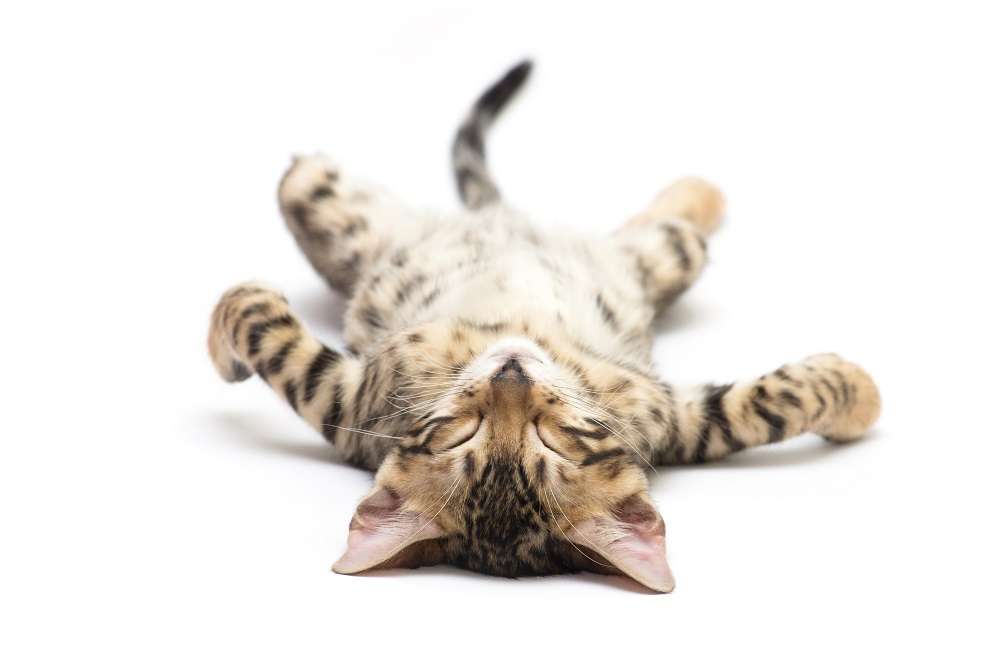
Keep in mind that sleeping through the night isn’t normal – humans like other animals have a biology that breaks sleep up. In history there are many mentions of what we now call Biphasic Sleep, but they called it “first sleep and second sleep”. A. Roger Ekirch's sleep research suggests that going to bed when the sun goes down, waking in the middle of the night for a couple of hours, then sleeping again until sunrise was a normal way of being – perhaps the most common sleeping pattern for people pre-industrial revolution.
It has only been since the industrial revolution that humans have been encouraged to sleep through the night so they could attend factories the next day. The “sleep through the night” belief became normalised. Any parent knows that they had to train their child to sleep through the night just like their parents had trained them – it wasn’t easy.
So, when pain causes your sleep habit to become derailed, instead of immediately looking to buy an orthopaedic bed, so you can become comfortable, remember you can get good sleep anywhere – our ancestors slept on hay or just curled up on the floor. Just practice good hygiene habits and don’t expect miracles overnight. Stick with it until it becomes a habit and you will train your brain (and body) to sleep anywhere.
Finally, don't turn to sleep medication as the first option. Use good sleep habits and expect little change for a few weeks. Medication should always be the last option.
For more information about our Pain Therapy Programs .
